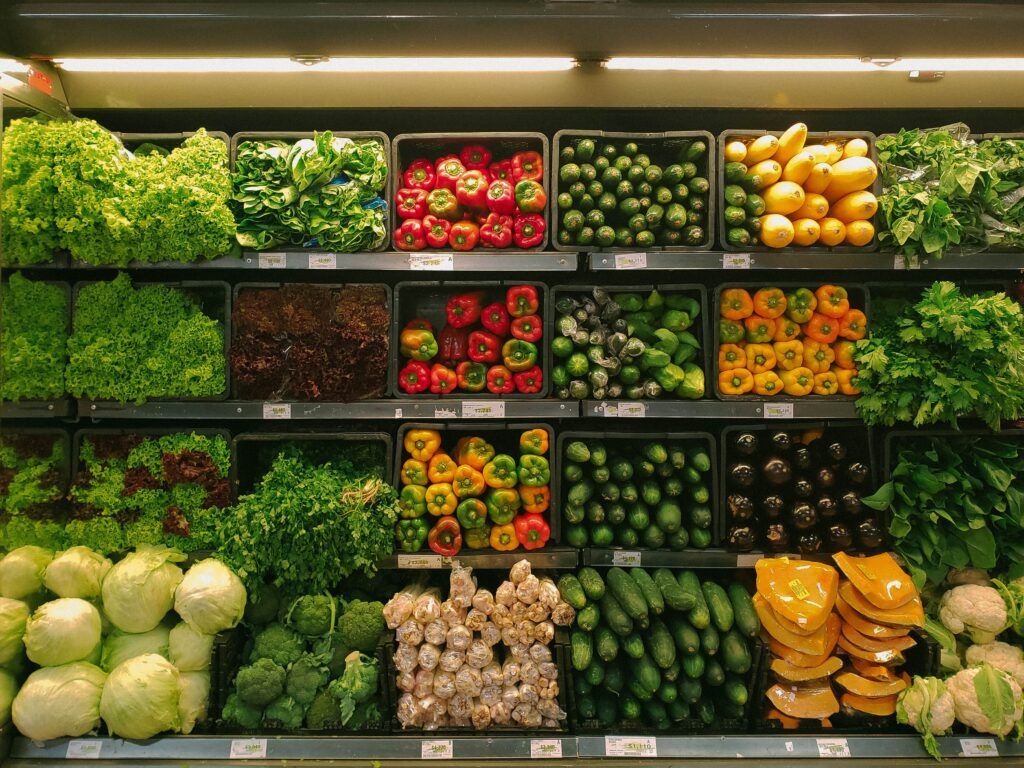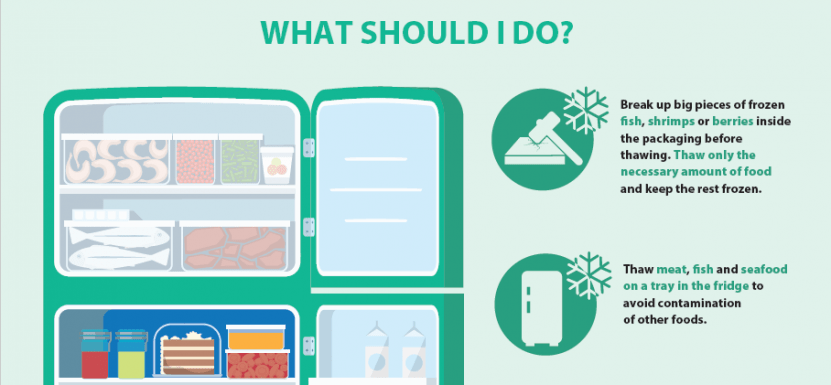New guidance is available to help food suppliers decide what information to give consumers about storing food and time limits for consumption.
Once food packaging has been opened, bacteria can be transferred to food by contaminated hands, surfaces, or equipment. Setting a time limit for consumption is complex, but the tool developed by EFSA’s experts assists food suppliers in deciding whether it is appropriate to give consumers other instructions in addition to the ‘use by’ or ‘best before’ dates.
For those products where opening the packaging may lead to a growth of harmful bacteria, the tool indicates that the time limit for consumption is shorter than the initial ‘use by’ or ‘best before’ date.
The opinion also includes advice on good practices for defrosting food safely. Freezing prevents bacteria from growing. However, these microbes can recover during thawing and then grow in the food to levels that can lead to foodborne illness. Experts identified good practices that minimise the growth of harmful microbes during thawing.
For example, thawing should be done at low temperatures, e.g. in the refrigerator; thawed foods should be kept in the original packaging or a clean container to avoid contamination; consumers should always follow the manufacturer’s instructions on storage and preparation to be sure food stays safe; and defrosted food should not be refrozen after thawing.
Date marking gives a useful guide on how long food can be kept before it begins to deteriorate or become unsafe to eat. Clear information on packaging can also help reduce food waste in the EU.
In December 2020, experts developed a tool to help food business operators decide when to apply the ‘use by’ or ‘best before’ date to their products.








Leave a Reply